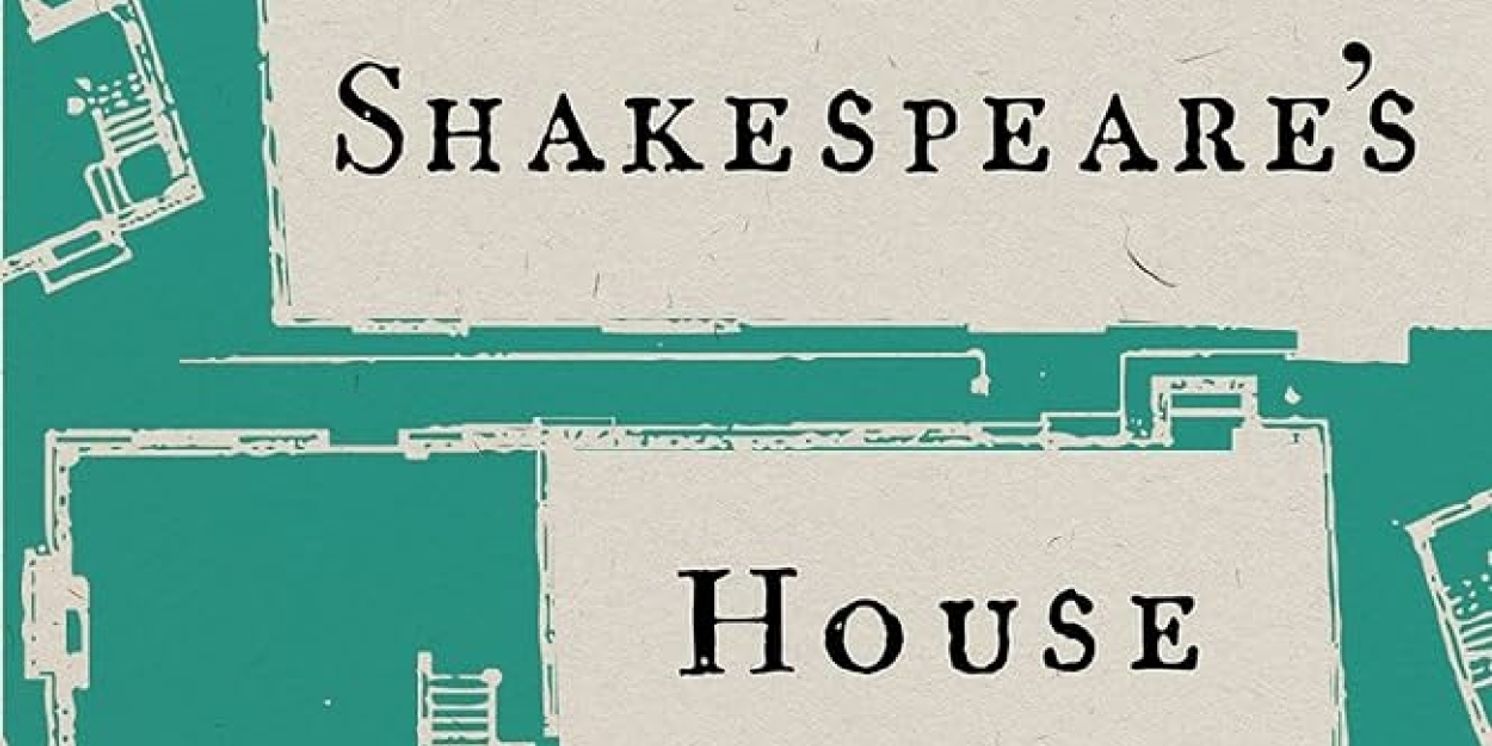Book Review: SHAKESPEARE'S HOUSE: A WINDOW ONTO HIS LIFE AND LEGACY by Richard Schoch
A new book based on original research details how an unassuming house in Stratford-upon-Avon has become a world-famous hotspot for thespians.

We define bardolatry as the excessive admiration for William Shakespeare’s life and works. It’s quite a recent phenomenon, all things considered. No one was mobbing his wife Anne, the press wasn’t pressing his friends in the hope of a comment, and his admirers weren’t queuing up at the stage door asking for selfies. He was famous, but fame couldn’t compare to the definition we attribute it today.
People lived very differently then, yet a glove-maker’s son from a tiny village in the Midlands took a trip to London and planted the seeds that would garner him the adoration of the world. It only took a few centuries. His ancestral home wasn’t originally the subject of every thespian’s pilgrimage and the house he bought with the big bucks he made in the capital was torn down when his lineage extinguished. It’s a fascinating story, smaller than the ones he fictionalised, but equally important.
Richard Schoch explores what daily life would have been like in the Shakespeare household and how the buildings that surrounded the playwright have become world-famous hotspots. He describes how an unassuming residence on Henley Street was turned into a museum in the 19th century, cementing the turn in the playwright’s popularity after the snub of the 1700s long after the deaths of its original inhabitants.
We go from an initial indifference shown to the places that moulded the Bard of Avon to a frenzy of fake relics (it was so fashionable to own a sample of “Shakespeare’s chair” that it was regularly swapped for a new one to distribute). The book is jam-packed with facts and dates, but it flows well and it’s easy to follow - Shakespeare’s House is a delectable piece of microhistory and the perfect stocking filler for those who dabble in bardolatry.
The author gives an interesting account of the hustle and bustle of the olden days in Stratford. Beautiful descriptive passages balance out the bare bones of the factual information, painting a striking picture of domesticity in Tudor and Jacobean times. He compares today’s version of what’s come to be known as the ‘Birthplace’ to what its walls probably looked like back when William’s father and his family lived in it. Schoch has a weird tendency to repeat a few details throughout (i.e. the fact that people usually shared their living setup with their servants and apprentices), but it’s nothing too bothersome.
He ties the history of the town and its daily routines with Shakespeare’s characters and their plots, adding quotes and references seamlessly. The publication laterally explores gender roles in Elizabethan society too. The division and structure of the house help us understand the social norms of the time; they’re also essential to recognise how unusual the playwright’s arrangements were, with Anne in charge of mostly everything given his lengthy absences from Stratford. “Shakespeare the boy learned all the right lessons about domestic life, and then Shakespeare the man ignored every one of them” Schoch says, and that seems to be the rule for most of the angles of his life and career.
The journey from auction item to bucket-list destination and from derelict relic to the current gem of a museum is enthralling and well-researched as well. The writer highlights all the perilous incidents that could have meant the Birthplace wouldn’t survive the Victorians before stating it was undramatically sold for the grand sum of £3,000. After more debacles, its restoration phase could begin and the house finally became a place to treasure and protect. Schoch adds his own stylistic suspense to the tale as though we didn’t know how it ends - it’s a lovely touch. By the end, you’ll want to rush to take a(nother) trip to Stratford.
Shakespeare’s House: A Window onto his Life and Legacy is out now.
Reader Reviews
Videos

